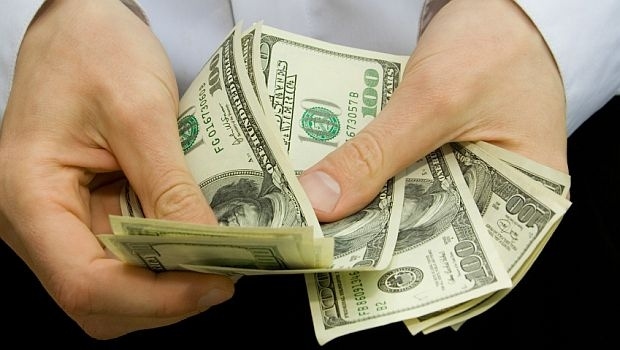AT&T to Refund Small Businesses, Consumers in Nearly $7 Million 'Cramming' Settlement
While AT&T received fees from the scammers for the third-party charges, the companies billing customers never actually provided any directory assistance service to them, the FCC said.
August 9, 2016

By Josh Long
AT&T has agreed to issue an estimated $6.8 million in refunds and pay $950,000 to the U.S. Treasury to resolve an investigation into a scam in which wireline customers were getting billed for unauthorized third-party charges, the Federal Communications Commission announced Monday.
The settlement stems from a probe by the U.S. Drug Enforcement Administration (DEA), which had been investigating the perpetrators of the “cramming” scam – two Cleveland-area companies, Discount Directory, Inc. (DDI) and Enhanced Telecommunications Services (ETS) – for drug-related crimes and money laundering, according to an FCC news release. DEA agents discovered the companies had been set up to bill thousands of customers, and mostly smaller businesses, for a monthly directory assistance service on their local AT&T landline phone bills, the FCC said.
Customers received bills for approximately $9 per month for the purported directory assistance service, according to the news release. But while AT&T received fees from DDI and ETS for the third-party charges, the companies never actually provided any directory assistance service to customers, the FCC said.{ad}
The principals of ETS and DDI “told law enforcement that they submitted fake service charges for thousands of AT&T customers (mostly small businesses) over a multiyear period,” according to the consent decree that AT&T entered with the FCC. “Although it bore ultimate responsibility for the charges placed on its customers’ bills, AT&T never required proof from the companies that they obtained customer authorizations to be billed for their service and the record shows that the companies never obtained any such customer authorizations.”
Last year, the DEA referred the investigation to the FCC’s Enforcement Bureau.
“A phone bill should not be a tool for drug traffickers, money launderers, and other unscrupulous third parties to fleece American consumers,” FCC Enforcement Bureau Chief Travis LeBlanc said. “Today’s settlement ensures that AT&T customers who were charged for this sham service will get their money back and that all AT&T consumers will enjoy greater protections against unauthorized charges on their phone bills in the future.”
Commenting on the settlement, an AT&T spokesperson said the company has not only adopted stringent requirements to ensure third-party charges are authorized, the carrier’s requirements exceed what is required under FCC rules and include safeguards that the agency proposed but never adopted.
“Nonetheless, unbeknownst to us, two companies that engaged in a sophisticated fraud scheme were apparently able to circumvent those protections and submit unauthorized third-party charges that were billed by AT&T,” the spokesperson told us.
This isn’t the first time in recent years that the phone giant has settled a cramming investigation. In 2014, the company agreed to pay $105 million in fines and refunds as part of a cramming accord with the FCC, Federal Trade Commission and states’ attorneys general. At the time, FCC Chairman Tom Wheeler told reporters that the action against AT&T ranked as the largest enforcement action and biggest cramming settlement in the agency’s history.
In the most recent settlement, AT&T will issue refunds for charges dating back to January 2012. And according to the consent decree, AT&T must “cease billing for third-party products and services on its wireline bills, with certain exceptions.”
Read more about:
AgentsYou May Also Like
